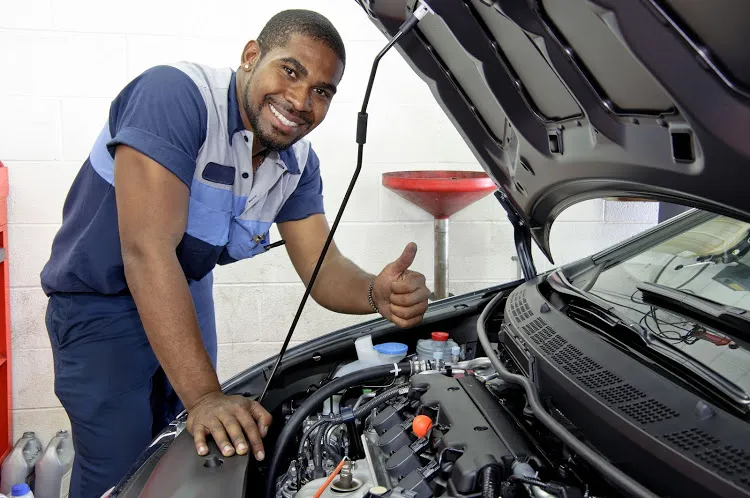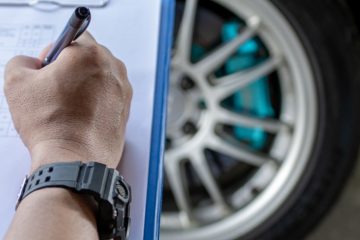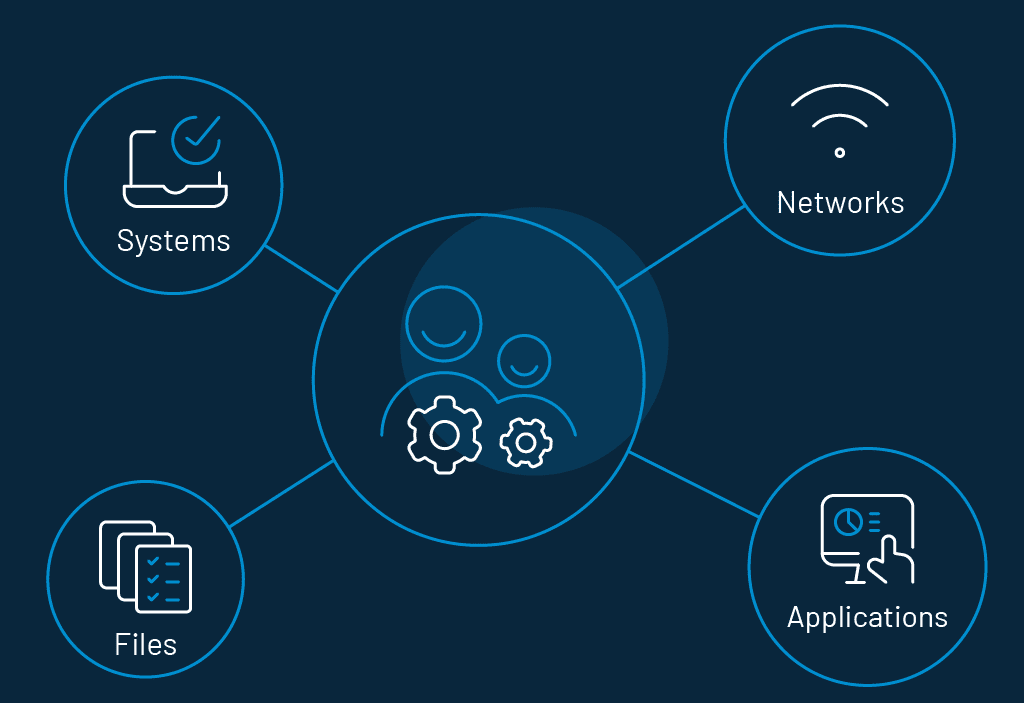Pre Purchase Car Inspection: The Smartest Step Before You Buy a Used Vehicle

Buying a used car can be a great financial decision—if you know exactly what you’re getting. Beneath a shiny exterior, a vehicle might hide serious mechanical issues, accident history, or even odometer fraud. Unfortunately, many of these red flags go unnoticed until it’s too late. That’s why a professional pre purchase car inspection is one of the smartest, most cost-effective steps any buyer can take before committing to a sale.
While sellers may promise that everything is in good working order, verbal assurances rarely hold up when unexpected repairs arise. Whether you’re buying from a private seller, a used car lot, or even out of state, an unbiased inspection offers peace of mind—and potentially saves you from a costly mistake.
What Is a Pre Purchase Car Inspection?
A pre purchase car inspection is a comprehensive, third-party evaluation of a vehicle’s mechanical, structural, and cosmetic condition before a sale is finalized. The inspection is typically conducted by a certified mechanic or mobile technician who is independent of both the buyer and seller.
During the inspection, the specialist will examine key areas of the vehicle, including:
- Engine and transmission performance
- Brake system, tires, and suspension
- Fluid levels and leaks
- Electrical components and warning lights
- Frame integrity and signs of previous damage
- Interior and exterior condition
- Road test performance
Once completed, the inspector provides a detailed report highlighting any current issues, needed repairs, or warning signs. This allows the buyer to make an informed decision—or negotiate a better deal based on the findings.
Why You Should Never Skip the Inspection
Even if a used car looks perfect, underlying issues can be expensive to fix and may not surface until weeks or months after the purchase. A professional inspection serves as a safeguard against:
- Hidden mechanical problems that could lead to major repairs
- Undisclosed accident history or structural damage
- Water or flood damage, which may not be visible but can destroy electronics and safety systems
- Odometer rollbacks or title discrepancies
- Worn brakes, tires, or suspension components that reduce safety and performance
For the relatively low cost of an inspection, you can avoid investing in a vehicle that may end up draining your wallet.
Who Benefits Most From a Pre Purchase Inspection?
While every buyer can gain from an inspection, it’s especially beneficial in certain scenarios:
- Out-of-state or long-distance purchases, where you can’t assess the vehicle in person
- Private party transactions, where no warranties or return options are offered
- Luxury, imported, or classic vehicles, which often require specialized knowledge
- High-mileage cars, where wear and tear may not be immediately visible
- First-time buyers, who may not know what to look for under the hood
Even certified pre-owned vehicles, while inspected by dealerships, may still carry issues missed during a basic evaluation. An independent opinion provides an extra layer of assurance.
How to Schedule a Pre Purchase Inspection
The process is simple, and many companies offer mobile services that will inspect the vehicle at the seller’s location. Here’s what you need to do:
- Choose a qualified inspector or mechanic with experience in the type of vehicle you’re buying.
- Coordinate with the seller to schedule a convenient time and location.
- Pay the inspection fee, which typically ranges from $100 to $300, depending on the depth of the inspection and vehicle type.
- Review the inspection report and photos before making your decision.
Some inspection services also offer post-inspection consultations, helping you understand the results and whether the car is worth purchasing.
What to Do After the Inspection
If the report comes back clean, you can proceed with greater confidence. If it reveals issues, that doesn’t necessarily mean you should walk away. Instead:
- Use the findings to negotiate a lower price
- Request that the seller complete certain repairs before the sale
- Decide whether the cost of repairs still makes the deal worthwhile
- Consider looking at other vehicles if the issues are severe or structural
Remember, the inspection gives you leverage—and options.
Final Thoughts
A used car purchase is a significant investment, and skipping a professional pre purchase car inspection is a gamble that could cost you far more than the car’s asking price. With today’s vehicles becoming increasingly complex and expensive to repair, an expert opinion offers more than just mechanical insight—it offers protection, clarity, and control over your buying decision.
Before you sign the papers, take the time to uncover the full story behind the car you’re considering. It’s not just smart—it’s essential.











